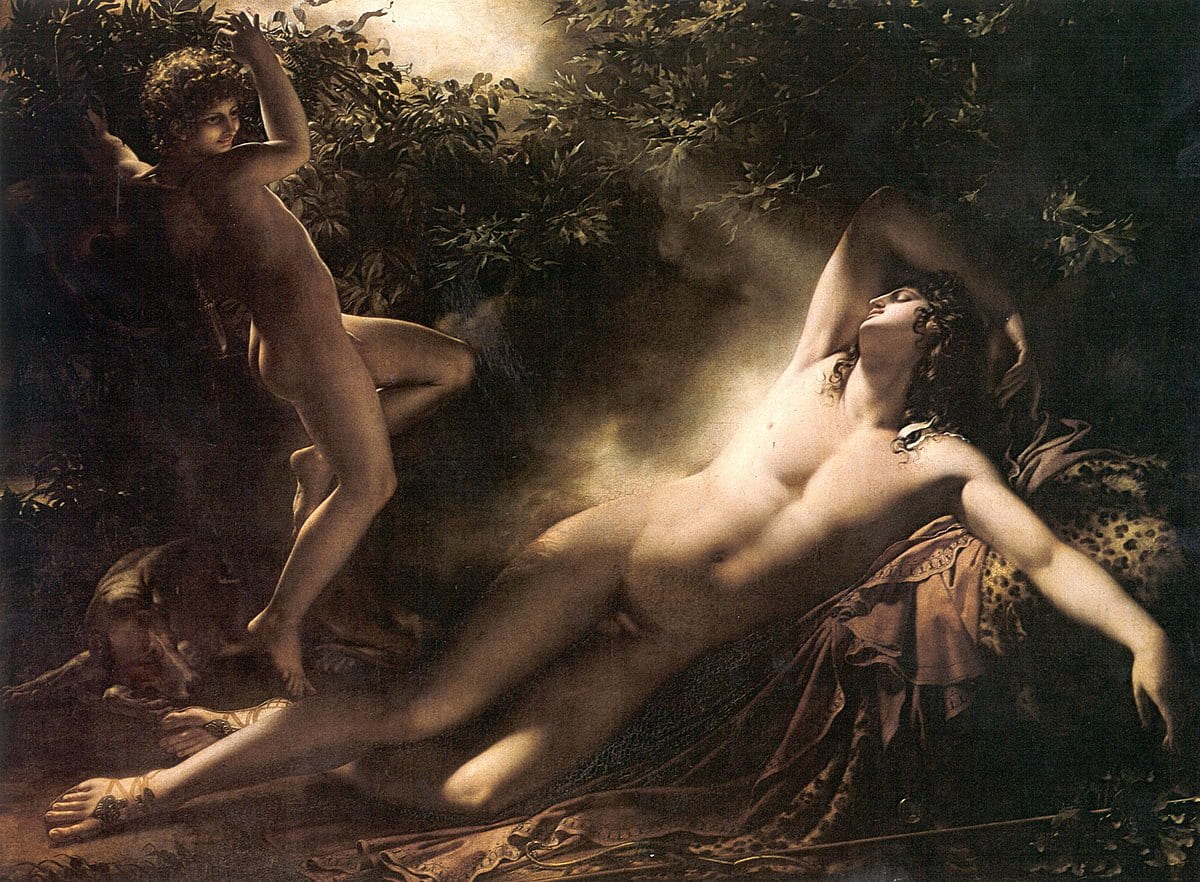I wrote only yesterday of Marcel Mauss’ book, The Gift, which has an intriguing section on the gift in ancient India. It was insightful, but left a sense of incompleteness that could not be fully gauged, until the realisation dawned upon me that the issue was hiding in plain sight, and oftentimes the most obvious — and appropriate, in this case — solution is always lying in plain sight.
In his study of ancient India, he refers to the Mahabharata, a Sanskrit epic of some antiquity and of more considerable length. But Mauss did not address the question of the gift and of sacrifice in that small yet integral part of the Mahabharata — the Bhagavad Gita — that is the religious and philosophic centrepiece of the entire epic. His analysis of the Indic system, particularly that of the Vedic tradition and the epics that follow them, are deep-reaching and show erudition, but the lacunae are serious, and it is my contention to only expose one part of the umbra to light. “The epic and the Brahmin law still survive in the old atmosphere,” Mauss argues. “presents are still obligatory, things have special powers and form part of human persons.”1
Continue reading “Marcel Mauss’ Curious Indian Gift”
- Marcel Mauss, The Gift: The Form and Reason for Exchange in Archaic Societies, trans. W.D. Halls, Routledge Classics (London: Routledge, 2002), 72. ↩
